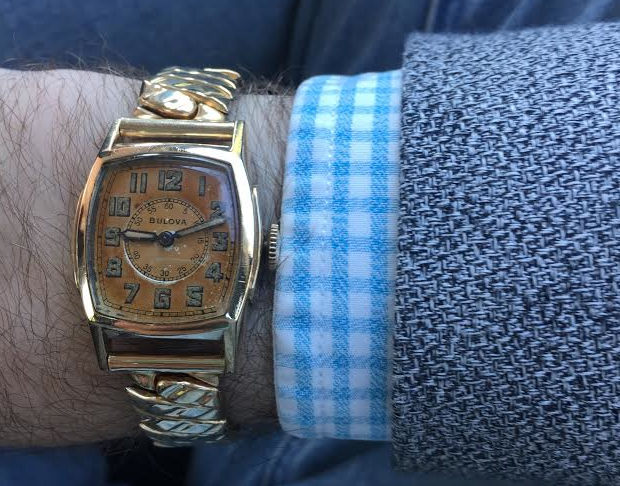Photo illustration
Point-counterpoint: Do we still need Daylight Saving Time?
Daylight saving time began in the early 1900's. But in the 21st century, do we still need it?
November 13, 2018
Let’s save ourselves from the perils of Daylight Saving Time
Why do we have Daylight Saving Time?
Despite what you may erroneously believe, the origins of daylight time have nothing to do with agriculture. Although Benjamin Franklin did propose the institution of Daylight Saving Time, the U.S. started using the time as an attempt to conserve energy during World War I and World War II. The logic was that aligning the socially used clock to maximize the amount of daylight during “normal” business hours would cut down on heating/cooling costs.
However, research has shown that this logic is flawed. In fact, recent studies have found that using Daylight Saving Time may actually cause an increase in energy use, not a decrease. Therefore, it seems logical that we should abandon Daylight Saving Time.
Here’s another reason: Daylight time has been linked to many adverse health outcomes. As it turns out, people’s bodies and minds have trouble adjusting to the time change. For instance, in the few days after the springtime transition into daylight time, research shows that there is a 25 percent uptick in heart attacks.
There’s also research suggesting that the time change is responsible for an increase in traffic fatalities because of sleep deprivation causing decreased alertness — people tend to get less sleep on the days following the springtime transition.
And that’s not all. There’s a laundry list of adverse effects from the shock of Daylight Saving Time. The occurrence of workplace injuries and severity of those injuries increases, the suicide rate goes up, and the number of cases of clinical depression are linked to Daylight Saving Time. Plus, new research has shown that workers cyberloaf on the day after the spring entrance into daylight time because they are tired.
Ergo, since we just exited from that time, I think it would be wise not to enter back into it next spring, or ever again. If the movie Dr. Strange taught us anything, it’s that playing with time has consequences.
Daylight Saving Time ’till the day I die
With the recent turning back of the clocks by one hour on Nov. 4, most people in the U.S. received one more hour of sleep because of Daylight Saving Time. That’s something that’s hard for people to complain about, because getting one more hour of sleep is always a good thing, especially for students who are rapidly approaching major assignments before finals week wreaks havoc on the student body.
However, a lot of people don’t know the root of where daylight time originated and why.
The time change was proposed by Benjamin Franklin in a 1784 satirical letter to the editor in the Journal de Paris. There, he suggested, “Parisians could save money on candles by waking up before their normal time of noon.”
There is some controversy over who gets Daylight Saving Time credit — either Englishman William Willet, who campaigned for the time in 1908 or the New Zealand entomologist who proposed the time in an 1895 paper. Regardless of who actually did it, Daylight Saving Time was introduced as a means to make better use of daylight and save energy.
Now, some might say daylight time is a waste of time and a headache with always having to turn clocks back or forward twice a year, gaining or losing an hour of sleep.
However, the benefits are rather amazing. The time change’s main goal is to save electrical energy, and 0.5 percent of total electricity per day was saved in 2008, according to Energy Department experts. That may not sound like a lot, but in reality, the amount of electricity used by more than 100,000 households was saved.
To save that much on electricity will not only be kinder to your bank account, it stimulates the economy, according to National Geographic. Daylight Saving Time really did that. What more could you ask for?


